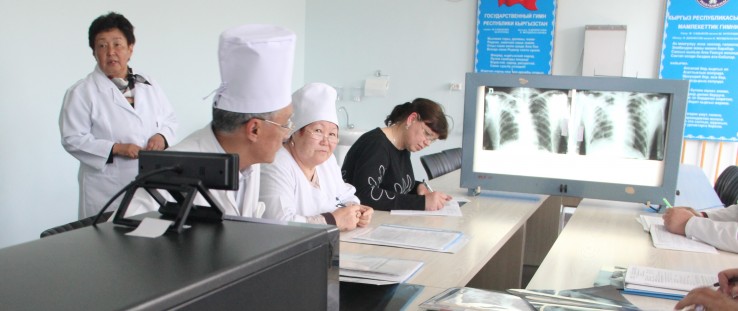 Staff from the Kara-Balta TB Hospital consult with staff from the National TB Center in Bishkek via video conference set up with USAID support, March 2016.
Kairatbek Murzakimov, USAID
Staff from the Kara-Balta TB Hospital consult with staff from the National TB Center in Bishkek via video conference set up with USAID support, March 2016.
Kairatbek Murzakimov, USAID
 Staff from the Kara-Balta TB Hospital consult with staff from the National TB Center in Bishkek via video conference set up with USAID support, March 2016.
Kairatbek Murzakimov, USAID
Staff from the Kara-Balta TB Hospital consult with staff from the National TB Center in Bishkek via video conference set up with USAID support, March 2016.
Kairatbek Murzakimov, USAID
Ayzada Kurbanova’s story has become typical for many diagnosed with tuberculosis (TB) in the Kyrgyz Republic. Her husband went to Russia as a seasonal migrant worker and, upon his return to the Kyrgyz Republic, medical tests showed that he contracted a drug-resistant form of the disease. Weeks later, Kurbanova found out that she was infected as well.
“My tuberculosis became drug-resistant [and] I was very weak and did not even drink water for a week,” recalls Kurbanova.
Kurbanova shared her story in one of many USAID-supported self-help groups set up to help patients cope with psychological problems and adhere to long treatment courses that can reach two years.
The groups are one part of USAID’s push to treat cases of TB in the former Soviet republic that began in 2014. The effort also advocates for outpatient care that allows patients to remain in their communities to receive treatment without interrupting their lives.
Under the new outpatient model, patients no longer require lengthy hospital stays and can usually leave the hospital as soon as they are no longer infectious, generally two weeks after the start of treatment.
Dilshat Haitov, an advocacy expert with USAID’s Defeat TB project, says that patients prefer outpatient treatment because it provides more anonymity, which means less discrimination and stigma. “We conducted a small survey of 60 TB patients,” he said, and “about half of the participants said they preferred outpatient treatment because they experience less stigma and discrimination. They do not want to stay in a hospital and for others to know about it.”
Outpatient care also reduces the risk of contracting drug-resistant TB in hospitals due to poor infection control measures. It’s also cheaper than long-term hospitalization; three times as many ambulatory patients can be treated with the same amount of funding required for hospital treatment.
A High TB Burden
Tuberculosis is an airborne infectious disease that, if not treated, can be lethal. Kyrgyz officials register over 5,500 new TB cases each year—quite a large number for the small Central Asian country of 6 million people.
Experts say that high prevalence of the multidrug-resistant forms of TB is the more serious problem here. The Kyrgyz Republic is among the 27 countries with the highest burden of multidrug-resistant tuberculosis (MDR-TB) in the world, according to the World Health Organization. One out of four new TB cases is drug-resistant, an extremely hard to treat form of TB with only a 63 percent treatment success rate.
The Kyrgyz Republic has significantly reduced the number of new cases and the death rate from TB with support from international donors, but the situation remains fragile. High rates of MDR-TB, poor quality hospital care, weak infection control practices, lack of trained medical personnel, high migration, social stigma and discrimination against TB patients are just some of the remaining challenges.
Building Awareness, Tearing Down Stigma
The self-help groups were designed to help overcome some of the issues that directly impact people with TB. Group discussions—they cover everything from drug side effects to stigma from neighbors and relatives to unemployment—help patients restore their hope and stick to treatment. Members of the group also receive vouchers that help them purchase food and serve as an incentive to adhere to treatment.
Patients who join USAID Defeat TB support groups are more likely to complete treatment. These individuals have a 90 percent treatment success rate, compared to the national average of 63 percent for MDR-TB patients.
“When I joined this patient support group, I felt that I was not alone. I met people who have the same disease, the same struggles and the same side effects. Former TB patients, the group volunteers, help me to understand that my MDR-TB is treatable and I will be able to get back to normal life,” said Kurbanova, who has finished three months of her MDR-TB treatment and has 21 more months to go.
With the new TB ambulatory care approach, Kurbanova was able to start treatment immediately and stay at home to take care of her two small kids while her husband was still in the hospital. Kurbanova feels much better now and is more energetic and able to do daily errands—an unattainable prospect only a few weeks ago. She regularly attends patient support group sessions and is determined to complete her treatment.
Although her husband does not take advantage of the support groups, he has completed 10 months of MDR-TB treatment, and Kurbanova provides support and encouragement for him to follow through on the final 14 months.
After successfully piloting this outpatient treatment approach in the small Issyk-Ata district, USAID partnered with the Kyrgyz Republic Ministry of Health to expand it throughout other regions most affected by MDR-TB. USAID supports ongoing training courses for doctors and other medical staff on infection control, administering drugs and new diagnostic equipment. And the Agency introduced telemedicine into the project, allowing local health care providers to consult with the best TB experts in the country.
USAID also helped to bring cutting-edge rapid diagnostics equipment—known as GeneXpert—into seven regions to reduce the time it takes to get test results from up to two months to four hours.
Under the Challenge TB project, USAID partners with the Kyrgyz Republic to develop a plan for the introduction of new TB drugs and shorter regimens to treat MDR-TB and extensively drug-resistant (XDR) TB.








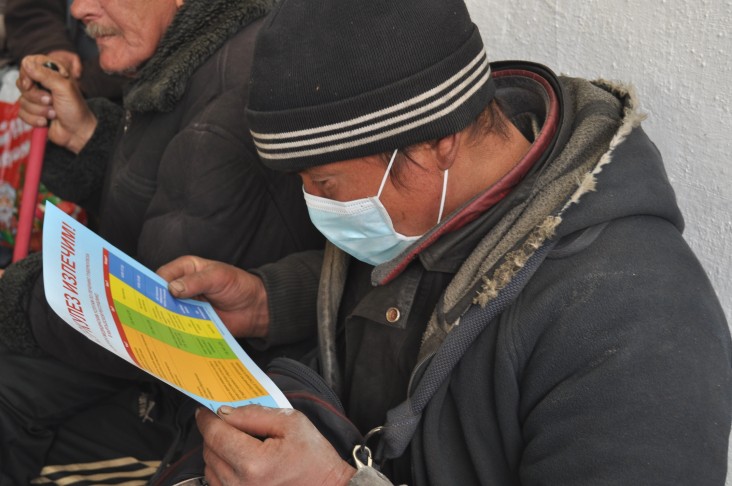
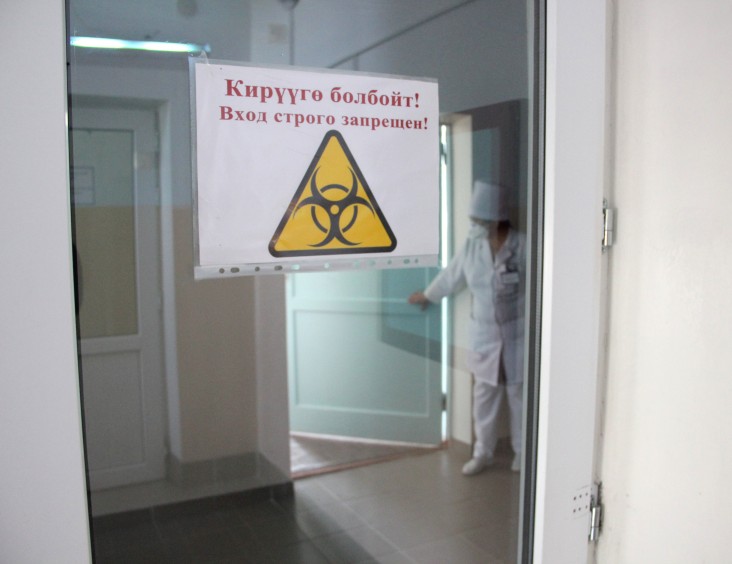
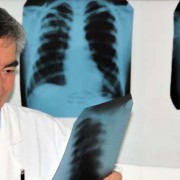
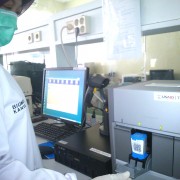
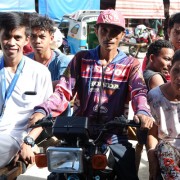
Comment
Make a general inquiry or suggest an improvement.